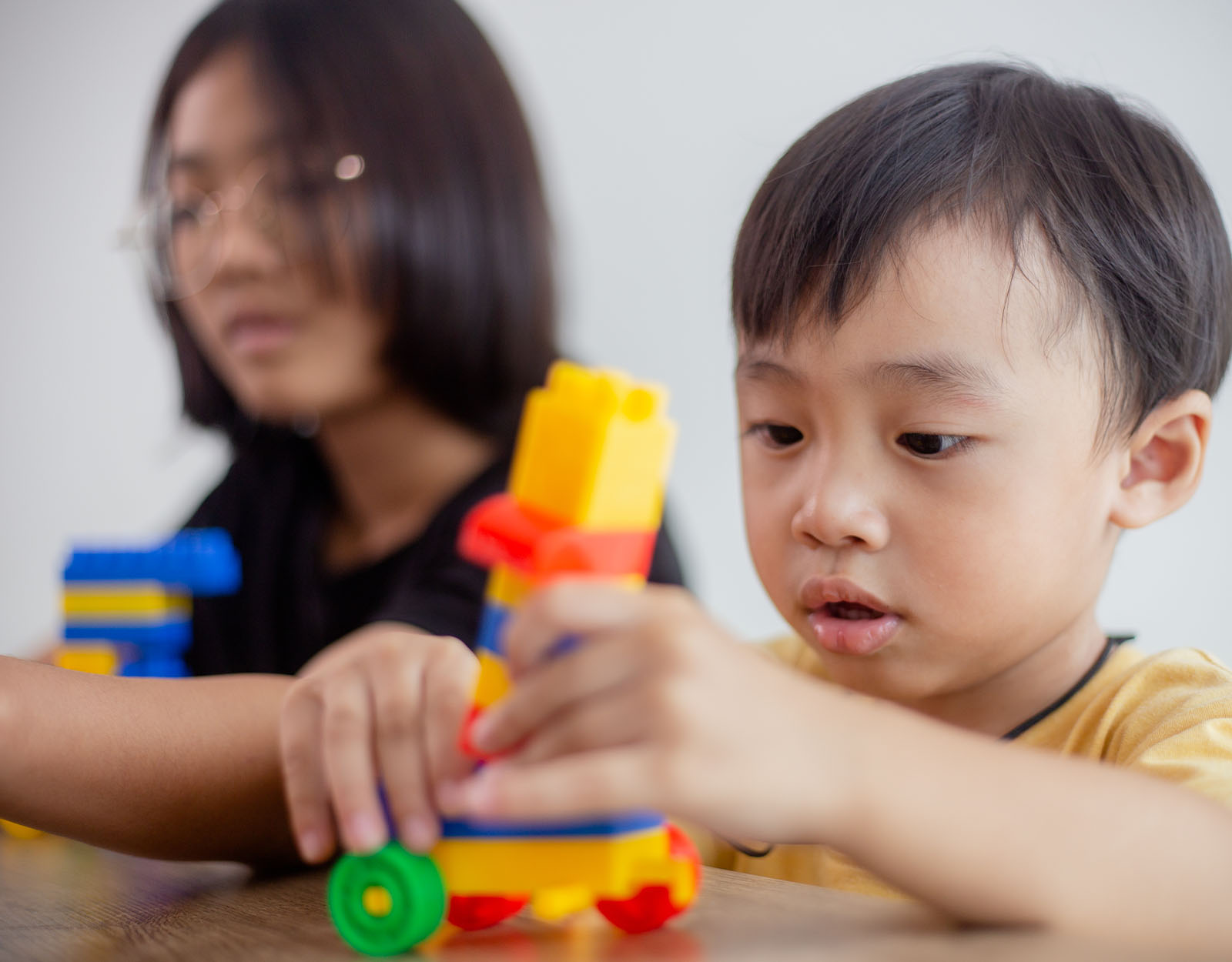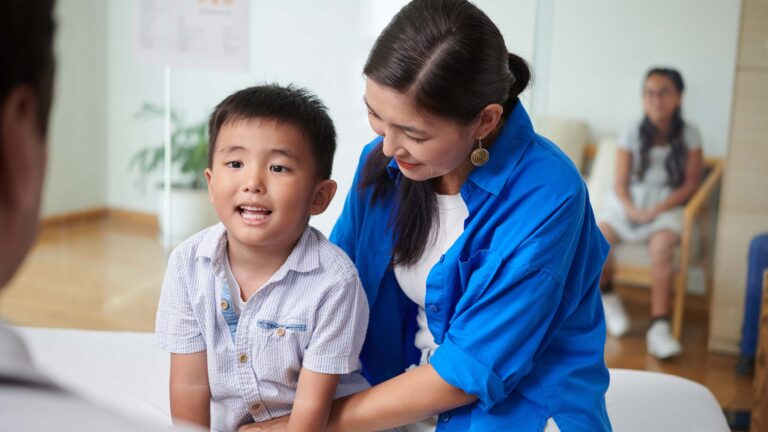Real Talk
Dear Ausome Parents, You’re Not Alone: A Doctor’s Perspective When Diagnosing Autism in Kids
As someone who usually delivers the diagnosis of Autism, Dr. Evelyn Gapuz reveals how parents and doctors can work together to make the world more inclusive for autistic children.
Autism in kids doesn’t always appear the same way—a reality that usually has pediatric psychiatrist Dr. Evelyn Gapuz consulting all the thick and heavy medical textbooks lying on her desk regarding children’s development. Some are verbal but struggle with social cues and some are non-verbal,” she remarks. Some also have other underlying diagnoses that can affect how Autism shows itself.
But the moment five out of nine (or sometimes seven out of eleven) symptoms check out on the diagnostic interviews and standardized tests, the next situation, she shares, is one of the most challenging: breaking the news to the parents.
“It’s a delicate situation and there’s just so many misconceptions about autism,” Dr. Evelyn Gapuz sighs as she arranges her patients’ files. “Although we’ve already debunked some myths like bad parenting and vaccines as a cause for autism or how it can be outgrown, we’re still a long way from making it a more inclusive society.”
“Some still remember the old movies wherein children with autism are often violent or dangerous. But they’re just like the general population: they are no more likely to be aggressive,” she laments.

Patience is a most “ausome” virtue
While studies in Autism are still unraveling the mystery, many parents may find themselves digging deep into Google or the internet to find the key to their kid’s diagnosis.
It’s normal and okay for parents to research various ways to address their child’s newly discovered needs, Dr. Evelyn Gapuz assures. “But always approach that information with caution. Especially if it’s recommending treatment or a kind of intervention, always check if there are websites or medical practitioners that can vouch for the results.”
She then recommends following what Science often calls the Rule of Three: if three studies or sources are echoing similar things, then there’s a better chance that it’s authentic.
“The jargon can be misleading and can be a bit overwhelming. Always ask a healthcare professional to clarify things and we will gladly do so in easier words. These studies always have limitations—researchers usually state it towards the end or at the very beginning of their papers,” she adds, as one of the lead researchers for the National Survey on Mental Health and Wellbeing in the Philippines.
That level of studying demands an almost divine level of patience and time—things, she acknowledges, that frustrated parents may feel they don’t have. “But that’s because we usually associate teaching things to kids by sitting them down and talking to them,” she explains. “Kids, especially those with autism, learn better when they see it happening in front of them.”
Modeling, she explains and demonstrates with her hands to draw a smile across her face, coupled with breaking down into simpler concepts like explicitly saying “smile” and “happy” can help build these associations. Because once those are built, they’ll be their ausome child’s learning tools to help them navigate a world full of neurotypicals.

Onwards to a more inclusive society!
While schools are transitioning to a more inclusive classroom system, advocating inclusivity starts from the home.
Playdates—which some parents may hesitate to bring their kids with autism to at first—can greatly help navigate a culture that thrives on recognizing non-verbal social cues, she shares. “Some schools even offer social skills programs alongside their academic curriculum to help them thrive,” Dr. Evelyn Gapuz adds.
Although the diagnosis of autism can feel heartbreaking at first, it does not need to be dealt with alone. Helping parents navigate the denial, the fear and the shock is something pediatric psychiatrists like Dr. Gapuz are more than happy to do.
“With a diagnosis that demands early intervention, I think I speak for many pediatric psychiatrists and developmental psychologists that we’re more than happy to help,” she ends. “Turning the science behind Autism into something more applicable and easier to understand is the first step in creating a more inclusive society.”
More about autism?
Speech Development Apps to Help Kids on the Autism Spectrum
How Tony Snell’s Late Autism Diagnosis Helped Him and His Son
10 Things Parents Must Know About Autism Spectrum Disorders (ASD)





